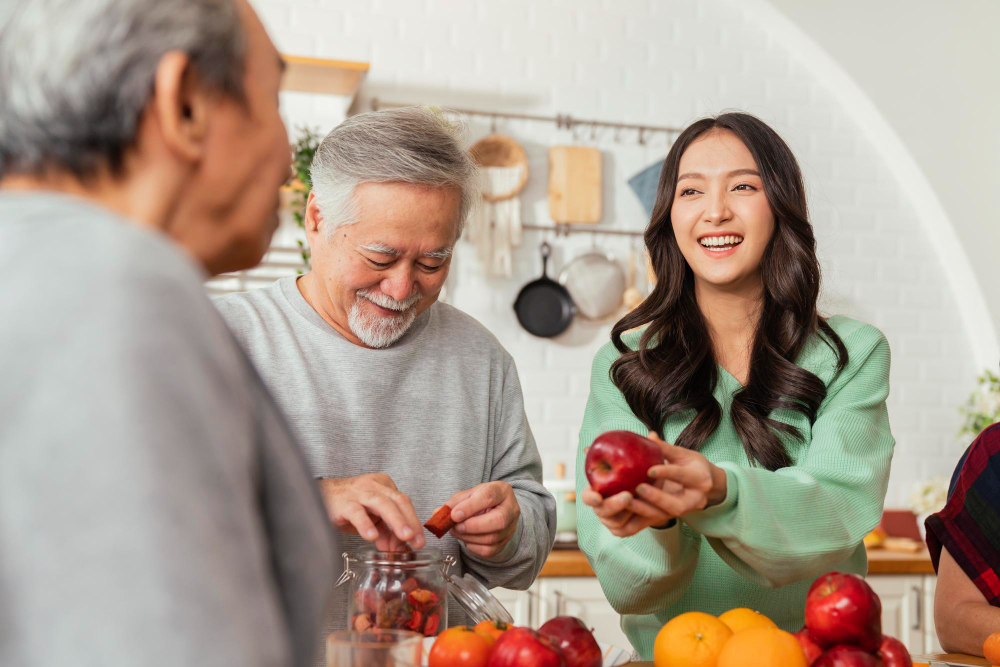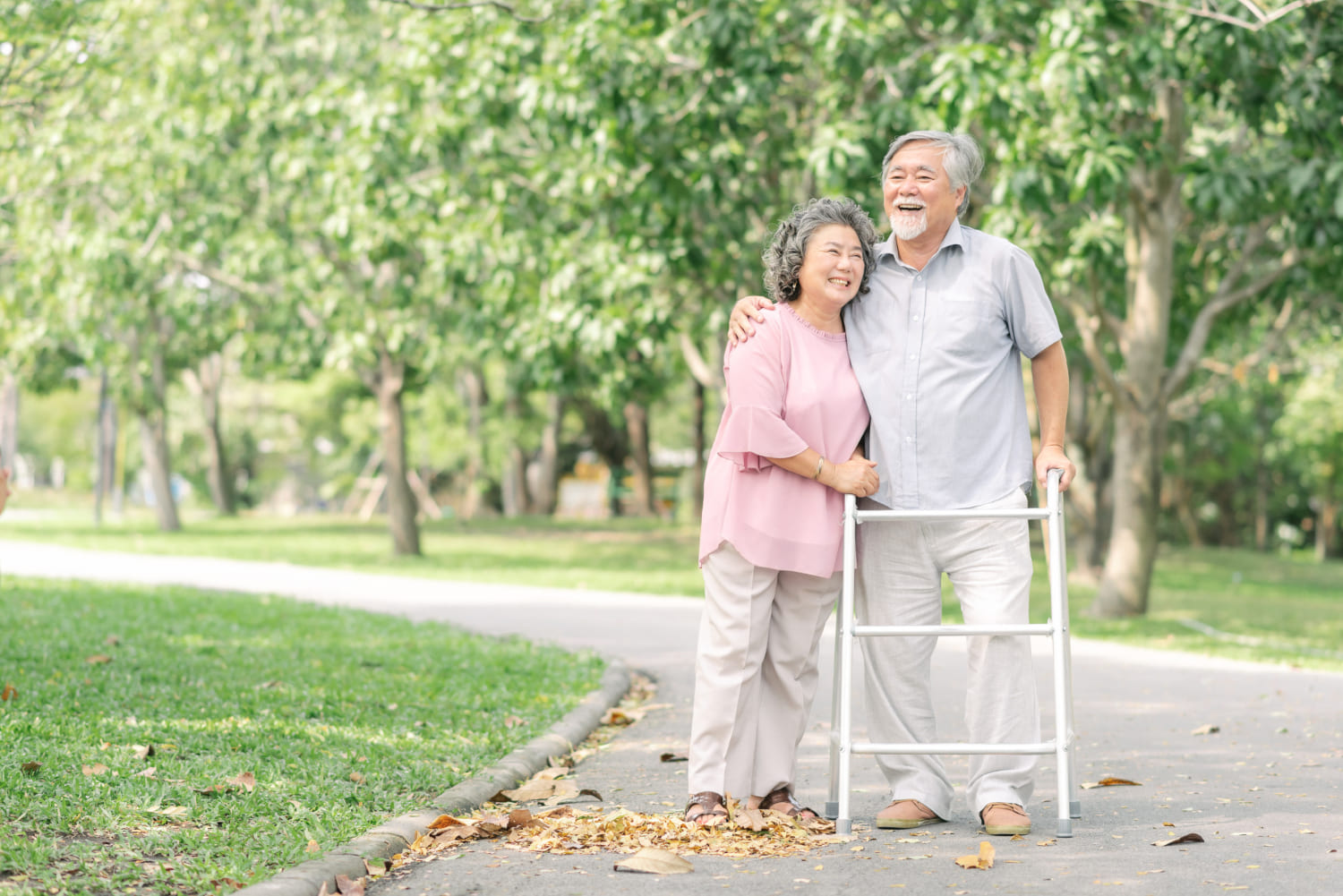For the elderly who are fasting during Ramadan, they must pay attention to a nutritionally balanced diet. Because this is related to the condition of the body, metabolism, and endurance of the elderly who tend to have decreased. If you are not careful in managing a healthy diet for the elderly, it can be fatal and endanger health conditions and make the elderly vulnerable to disease.
Important Nutrition for Elderly in Ramadan
For the elderly who are fasting during Ramadan, it is important to pay attention to proper nutrition to stay healthy and fit. Some important nutrients that need to be considered by the elderly during fasting are as follows:
- Consume high-fiber foods such as fruits, vegetables, whole grains, and legumes.
- Ensure adequate protein intake from sources such as lean meat, fish, eggs, nuts, and low-fat dairy products.
- Pay attention to adequate vitamin and mineral intake, especially vitamin D, vitamin B12, calcium, and iron.
- Choose complex carbohydrates such as whole grain bread, brown rice, oatmeal and potatoes.
- When breaking the fast, avoid foods high in sugar or saturated fats that can cause blood sugar spikes and short bursts of energy.
- If needed, consider giving older adults vitamin and mineral supplements.
- Ensure older adults get adequate rest during Ramadan to support their health and well-being.
- Ensure they drink plenty of water during iftar and suhoor to keep their bodies hydrated.
Tips for Maintaining a Healthy Diet during Ramadan
Here are some tips that can help maintain a healthy elderly diet during Ramadan:
Healthy Sahur
Make sure that the elderly eat an adequate, balanced and nutritious sahur meal. Choose foods that contain complex carbohydrates, protein, fiber, and essential vitamins and minerals. An example is oatmeal with fresh fruit and a glass of low-fat milk.
Appropriate meal portions
Encourage seniors to control their portions during iftar to avoid overeating. Eating small but frequent meals can help avoid sharp spikes in blood sugar.
Break the fast with light meals
Provide healthy snacks for seniors at iftar, such as fresh fruits, nuts, or low-fat yogurt. Avoid foods that are high in sugar or saturated fat.
Pay attention to the time of iftar and sahur
Make sure older people break their fast and suhoor at the right time to give their bodies enough time to digest food. Do not delay iftar or suhoor too long after the appointed time.
Drink enough water
The elderly needs to stay hydrated during fasting. Make sure they drink plenty of water during iftar and sahur to avoid dehydration.
Avoid fatty and heavy foods
Avoid foods that are high in saturated fat or heavy in fat when breaking the fast, as they can cause excessive satiety and slow digestion.
Do light physical activity
Encourage older adults to stay physically active during Ramadan, but avoid strenuous or excessive physical activity. A light walk after iftar or suhoor can help keep the body fit.
By paying attention to a healthy and nutritious diet, the elderly can stay healthy and fit during Ramadan. Always prioritize their health and well-being while fasting. To keep fasting smoothly and comfortably, make sure the elderly use highly absorbent and soft adult diapers such as Parenty. (Aq/PRT)









